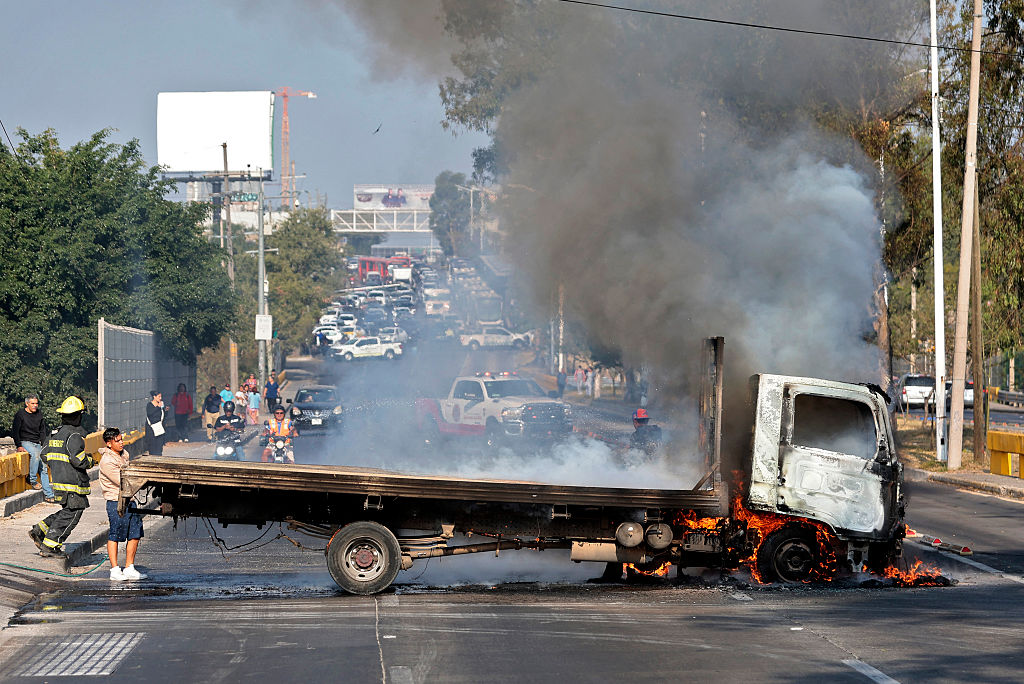The Impact of COVID-19 on Illicit Trade Networks
The Impact of COVID-19 on Illicit Trade Networks
Public-private collaboration will be key to any long-term and sustainable solutions against illicit trade, said panelists.
Speakers:
- Angélica Durán-Martínez, Associate Professor of Political Science, University of Massachusetts-Lowell
- Fernando Vieira, External Affairs Director, Philip Morris Brazil
- Maurício Vieira, Chair on Combating and Preventing Illicit Trade and Transnational Organized Crime, University for Peace
- Brian Winter, Vice President of Policy, Americas Society/Council of the Americas; Editor-in-Chief, Americas Quarterly (moderator)
In an Americas Society/Council of the Americas panel on the pandemic's impact on illicit trade networks, speakers covered a range of topics from e-commerce to the need for public-private partnerships to best strategies for governments to combat these forms of organized crime. Angélica Durán-Martínez emphasized three aspects that have become apparent in the pandemic era in this criminal sphere: the diversification of criminal portfolios, the adaptation of smaller groups in extortion practices, and the fragmentation of illicit trade networks. Maurício Vieira spoke of the influence of institutions, saying they "should play a prominent role in providing not only information but also political goods, like human security policies, to protect people from the pandemic and from criminal organizations."
Fernando Vieira highlighted the importance of public-private partnerships in a post-Covid world, saying, “Collaboration is key if we want long-term and sustainable solutions against illicit trade.” Moderator Brian Winter asked experts how governments can be convinced that the issues of illicit trade networks and organized crime groups demand urgent attention. Durán-Martínez said that it should be a priority not because of illicit trade per se, but because of all its implications. The other two panelists indicated that the economic impacts of illicit trade, such as the losses on tax collections that could be allocated toward other programs like health and education, must be taken more seriously.







